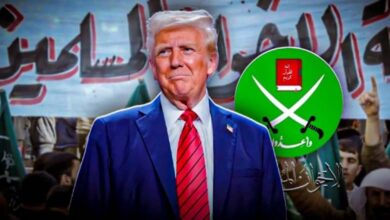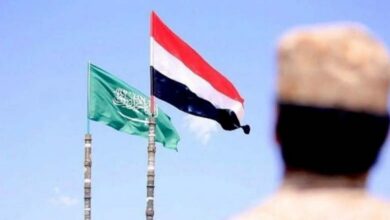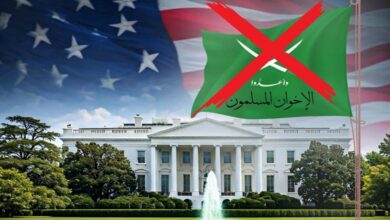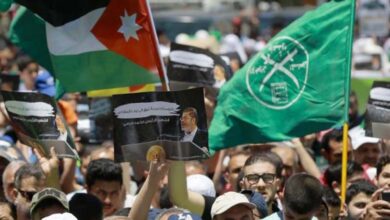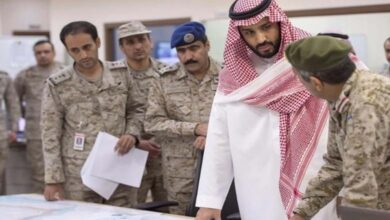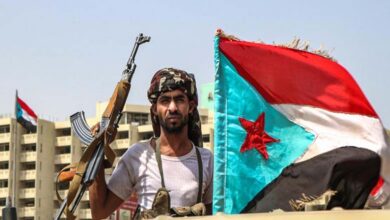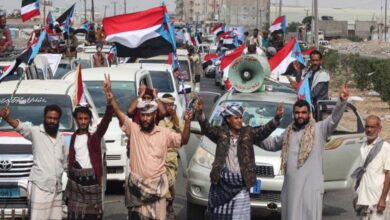Targeting a Humanitarian Convoy in Zalingei: Political Reading on the Expansion of Drones and Erosion of Red Lines in Sudan
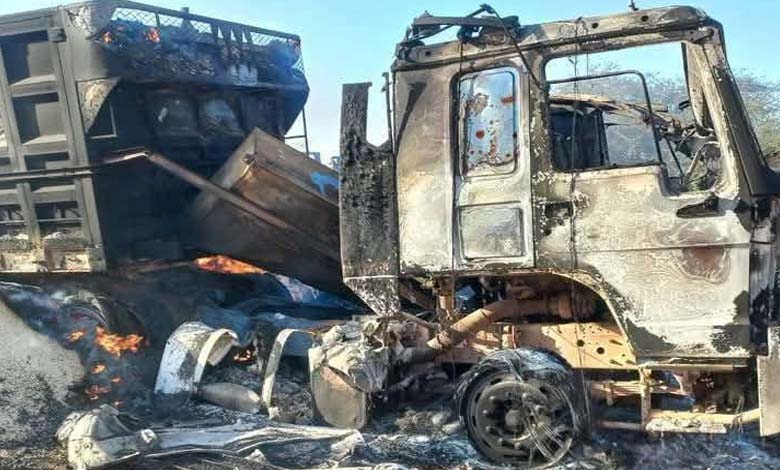
In a scene reflecting the depth of Sudan’s security and humanitarian collapse, the city of Zalingei in central Darfur witnessed a serious incident: the army targeted a humanitarian aid convoy using Turkish-made “Akıncı” drones. While this event appears as a new episode in the escalating violence between the army and the Rapid Support Forces (RSF), it carries political and military implications beyond the battlefield, raising major questions about the future of the conflict, the legitimacy of warring parties, the limits of foreign interventions, and the position of civilians in the war equation.
The field situation and Akıncı drones
The “Akıncı” drone is among the most advanced in the arsenal deployed in regional conflicts in recent years. Its use in Darfur is not merely a technical development but a clear shift in the Sudanese army’s strategy toward a war based on air superiority and long-range drones to restrict RSF movements.
RSF and media exploitation of the incident
On the other hand, the RSF saw this incident as an opportunity to strengthen its narrative internationally. If the bombing indeed targeted a humanitarian convoy, it allows the RSF to portray the army as a force “targeting civilians” and using drones without restraint.
Initial RSF statements clearly referred to:
- “war crime,”
- “targeting unarmed civilians,”
- “use of foreign weapons for repression.”
This is part of an escalating struggle to gain international legitimacy, as neither the army nor the RSF has succeeded in settling the battle on the ground.
Turkey’s role in the Sudanese context
The use of the “Akıncı” drone highlights Turkey’s role in arming the Sudanese army and raises questions regarding:
- Ankara’s adherence to arms transfer bans to conflict zones,
- the nature of military agreements between Khartoum and Ankara,
- use of Turkish weapons in areas experiencing humanitarian disasters.
Turkey seeks to maintain a delicate balance between regional relations and economic interests, usually distancing itself from political responsibility for its weapons in internal conflicts. However, repeated use of the “Akıncı” in Darfur could increase international pressure on Ankara.
International repercussions of the incident
Amid repeated UN calls for ceasefires and facilitating aid access, the attack on a humanitarian convoy carries serious implications, as the international community considers attacks on aid as among the gravest violations.
The incident is expected to:
- increase pressure on the army from the UN and African Union,
- prompt new calls for international investigations into violations,
- be used politically by international actors to steer or pressure the army toward a political path.
The international community is more convinced than ever that military resolution is impossible and that continuing the war will only fragment Sudan completely.
Darfur… a war theater without rules
Zalingei, once the cultural capital of central Darfur, is now under siege. With food and medicine difficult to deliver, any attack on aid exacerbates the disaster.
Darfur has become:
- an open space for aerial confrontations,
- a region suffering widespread tribal disorder,
- a theater of intertwined foreign interventions.
Thus, the attack cannot be separated from the broader context of the country’s collapse.
Which horizon is the war heading toward?
Neither the army nor the RSF can decisively win. Between them stand millions of Sudanese who have lost their property, roads, livelihoods, and normal life.
The Zalingei incident is not merely a military error but a warning:
- a phase of unchecked air power use,
- humanitarian aid drawn into the conflict,
- no distinction between civilian and military targets.
The most dangerous aspect: this phase may open the door to broader international investigations and political stigmas against army leadership, at a highly sensitive moment since the conflict began.
Targeting a humanitarian convoy in Zalingei with “Akıncı” drones marks a dangerous turning point in the Sudanese war. It reflects:
- modern warfare using drones as a primary weapon,
- complete collapse of ethical standards in conflict,
- inability of warring parties to protect civilians,
- increasing risk of full internationalization of the crisis.
Sudan now stands at a crossroads: either a transition toward a comprehensive political settlement restoring the state to its normal course, or a descent into cycles of aerial warfare producing only destruction.


